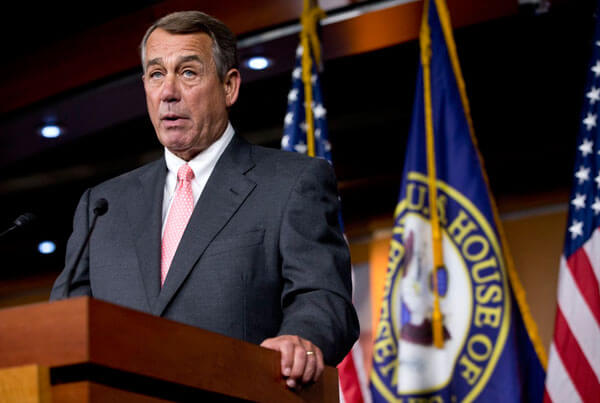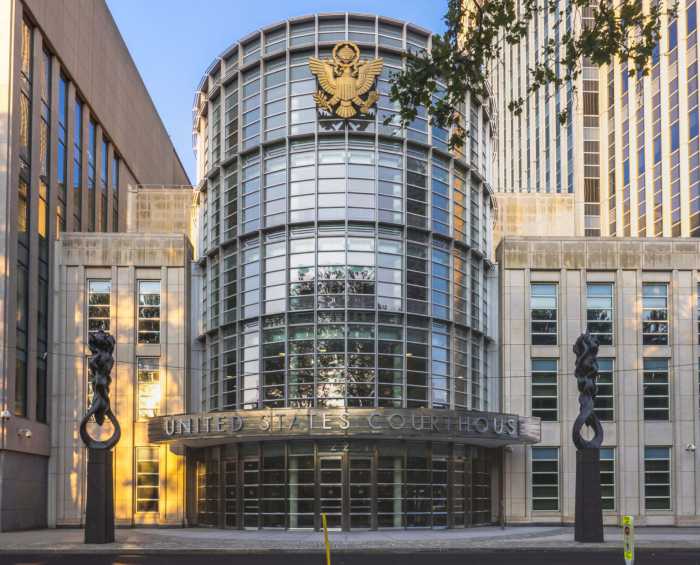Men make history and not the other way around. In periods where there is no leadership, society stands still. Progress occurs when courageous, skillful leaders seize the opportunity to change things for the better-Harry S. Truman
Although battling an unfortunate aggressive brain cancer, the 81-year-old U.S. Senator John McCain of Arizona announced on Friday that he would oppose the latest proposal to repeal the Affordable Care Act, (ACA/Obama Care), a signature piece of legislation championed by President Obama. It is the same type of cancer that also ended the career of another Lion of the Senate, Ted Kennedy, years ago.
Many Americans don’t realize that they have been enjoying many of Obamacare’s benefits, rights, and protections since the Affordable Care Act was signed into law in 2010, including:
-Letting young adults stay on their parents’ plan until 26
-Preventing insurance companies from denying coverage or charging more based on health status
-Halting insurance companies from dropping insureds when sick or if they make an honest mistake on their application
-Stopping gender discrimination
-Stopping insurance companies from imposing unjustified rate hikes
-Doing away with life-time and annual dollar limits
-Giving insureds the right to a rapid appeal of insurance company decisions
-Expanding coverage to tens of millions by subsidizing health insurance costs through the Health Insurance Marketplaces (Healt
-Expanding Medicaid to millions in states that chose to expand the program
-Providing tax breaks to small businesses for offering health insurance to their employees
-Requiring large businesses to insure employees
-Requiring all insurers to cover people with pre-existing conditions
-Making CHIP easier for kids to get
-Improving Medicare for seniors
-Ensuring all plans cover minimum benefits like limits on cost sharing and ten essential benefits including free preventive care, OB-GYN services with no referrals, free birth control, and coverage for emergency room visits out-of-network.
Some have criticized the Act for causing premiums to rise because Insurance companies now provide a wider range of benefits and cover people with pre-existing conditions, the mandate that everyone must have insurance passes the insured’s healthcare costs on to everyone, several new taxes were created to help pay for this law, (including taxes on medical device and pharmaceutical), for taking funding from savings in Medicare payments, and making enrollment more complicated.
Opponents of Obamacare complain that it has caused businesses with 50 or more full-time employees to cut hours from employees’ schedules to avoid offering insurance or making payments to cover healthcare expenses for employees, thereby circumventing the 30-hour-per-week definition of a full-time employee.
However, although not perfect, the Act has fulfilled its primary goals of making affordable health insurance available to more people, providing consumers with subsidies (“premium tax credits”) that lower costs for households with incomes between 100% and 400% of the federal poverty level, expanding the Medicaid program to cover all adults with income below 138% of the federal poverty level, and supporting innovative medical care delivery methods designed to lower the costs of health care generally.
It can be improved on, but the solution is not to abruptly pull the rug under the feet of the many Americans with nothing in place, especially working families and the poor, who will suffer immensely. McCain, a former naval aviator who was shot down over North Vietnam in 1967 and held as a prisoner of war until 1973, inspired by typical courage and resilience that made him an American hero, rose to the occasion twice to bring sanity to the misguided attempt to repeal this law, leaving Republican leaders with little hope of succeeding in their last-ditch attempt to dismantle the health law and fulfill their longstanding promise to conservative voters.
McCain’s bravery is underlined by the fact that, despite undergoing emergency craniotomy on July last to treat a deadly kind of brain cancer, he returned to Capitol Hill after Labor Day and kept his regular Senate work schedule, despite enduring painful chemotherapy and radiation treatment. The 2008 Republican presidential nominee dramatically killed the last repeal effort hours after on the Senate battlefield, surely one of the bravest acts in global legislative history.
This time, he nipped the proposal in the bud, and announced his withdrawal of the essential vote needed from him, characterizing “his good conscience” and independent judgment.
In doing so, the “Lion of the Senate” left a legislative legacy to all Americans regarding the process they should follow in repealing and making laws, including holding hearings and formal bill-drafting procedures when he said, “We should not be content to pass health care legislation on a party-line basis, as Democrats did when they rammed Obamacare through Congress in 2009. If we do so, our success could be as short-lived as theirs when the political winds shift, as they regularly do. I believe we could do better working together, Republicans and Democrats, and have not yet really tried. Nor could I support it without knowing how much it will cost, how it will affect insurance premiums, and how many people will be helped or hurt by it. A bill of this magnitude requires a bipartisan approach.”
McCain has left a profound legacy and blueprint for good governance, bravery and legislative change which many representatives will do well to follow. Bravo, John McCain!
Note: Albert Baldeo is a civil rights activist and community advocate. As president of the Baldeo Foundation and Queens Justice Center, he has continued to fight for equal rights, dignity and inclusion in the decision making process. He can be contacted at the Baldeo Foundation: (718) 529-2300.




















